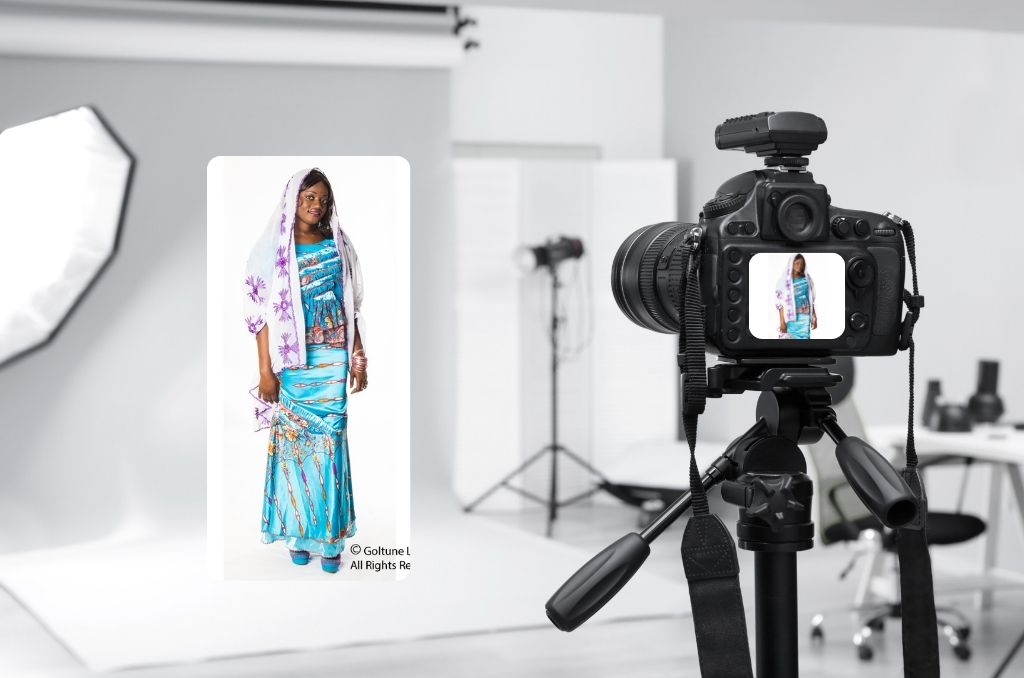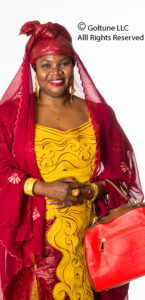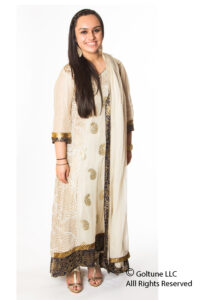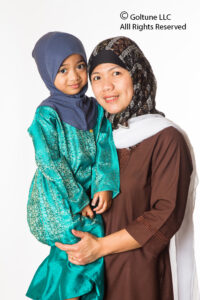
| Part one | Part two | Part three | Part four |
| Part five | Part six | Part seven | Part eight |
I arrived at the Marriot Hotel lobby on Friday, August 8th, around 6 a.m. On my way to the hotel, I stopped by Starbucks to grab my coffee order that I had placed a day ago. To be on the safe side, I ordered coffee for 14 people, as well as pastries and some food.
There were two prayers scheduled for that day: one at 7:30, for people who wanted to pray and get back to work, and one at 10:30, for families and the people who had taken the time off work.
Mr. Ibrahim was there. “You can choose any location you would like,” he said. I thanked him and waited for Nick to arrive. He showed up in his black van with his assistant. He parked his car close to the entrance door to offload his photography gear and equipment. They brought quite a lot of stuff with them.
Nick carefully looked around the place. “Where does the prayer take place?” he asked. “This large ballroom,” I pointed to the spacious room. “There are two doors. I think they are going to use one door for women and one for men.” I said. “In this case, I prefer to station between the two entrance doors to have access to both the men and women attendees,” he said.
 Nick and his assistant started working. They took two iron columns and extended them to reach ten feet high. Then, they connected the two columns with a bar at the top in order to stabilize the columns and create a frame. They opened a very large white canvas, spread it on the top of the bar, and secured the canvas with large clips. That was the background for the photography. I watched them with great astonishment.
Nick and his assistant started working. They took two iron columns and extended them to reach ten feet high. Then, they connected the two columns with a bar at the top in order to stabilize the columns and create a frame. They opened a very large white canvas, spread it on the top of the bar, and secured the canvas with large clips. That was the background for the photography. I watched them with great astonishment.
The rest of the group showed up one by one. We had a plan to be there between 6:45 and 7 a.m. Pani, my close friend, was carpooling the rest of the people. They were all students, like me, living in the student complex buildings at the University of Wisconsin housing units.
I offered them warm coffee and pastries. We went through the plan as we drank our coffee. We would stop guests to explain, in just a few words, why we were there and what we were doing. Then, we would guide them to the photography station. Before handing them to Nick, we would give them the consent form to fill out, with their names and information to be written legibly. After signing the paperwork, they would proceed to the station for the photo shoot.
 “I think we need to wait until the prayer is over,” I suggested. “I remember when I was going for the Eid prayer, all my focus was on getting there on time and getting the prayer done,” I said. “We can just let them know we are taking pictures, and invite them to come back after the prayer,” my friend said. “Fantastic idea,” I replied.
“I think we need to wait until the prayer is over,” I suggested. “I remember when I was going for the Eid prayer, all my focus was on getting there on time and getting the prayer done,” I said. “We can just let them know we are taking pictures, and invite them to come back after the prayer,” my friend said. “Fantastic idea,” I replied.
On the spot, I realized I wanted to know who was who. Something I overlooked and didn’t discuss with Nick. “No problem,” he said. “I’ll take two photos. For the first photo, I’ll get my assistant to write their name on a piece of paper, as they get ready for the shoot. Then, I’ll take two photos; the first photo will be when they hold their name, and the second photo without the paper. Then, I’ll write names on every photo file,” he said. “You are a superstar,” I replied.
People started showing up around 7 ish. As I expected, almost everyone was in a beautiful outfit wearing smiles and a sense of ease.
Everyone was in a rush to get ready for the prayer.
 “Hi, my name is Sara Jamshidi,” I gently stopped a woman wearing a light purple Pakistani matching dress and pants. Her dress was all embroidery, in silk and light color. She was holding her son’s hand. “Over there, we are taking photos of beautiful people in their gorgeous attire. We’d love to include you. We want to show that the Muslim community is a proud, beautiful, and engaging society.” I added.
“Hi, my name is Sara Jamshidi,” I gently stopped a woman wearing a light purple Pakistani matching dress and pants. Her dress was all embroidery, in silk and light color. She was holding her son’s hand. “Over there, we are taking photos of beautiful people in their gorgeous attire. We’d love to include you. We want to show that the Muslim community is a proud, beautiful, and engaging society.” I added.
“Is it free, or should I pay?” she asked. “Oh, no, it is completely free,” I added. “Can I come back after the prayer?” she asked. “Of course,” I said.
We were gently approaching people to let them know about the photography. The responses were positive. Some wanted to take their pictures then, “before it gets so crowded and crazy,” one man said. My nerves were cooling down. I was becoming more at ease when I saw the replies. “Thank God we are in the U.S.; thank God people are positive about photography; and thank God I don’t have to lecture,” I thought.
A quick flashback: In the “Muslims Are Beautiful, Proud, and Contributors” essay, I explained my reservations about Iranian people’s interaction with the media. Due to mistrust between people and the media in Iran, I never had an easy time getting people on the record for my stories. I was thrilled to see that American Muslims were more open to the media and my project than Muslims in Iran.
When I heard the final call for the prayer, I quickly excused myself to join the prayer. I didn’t want to miss a chance to pray with the masses.
Within the first two hours, we took more than 40 pictures. As the first group of Muslims was leaving, and the second group was arriving for the second round of prayer, and as they saw the crowd in front of our photography booth, more people joined us for the photo shoot.
Please Pledge to Our Peace Journalism.
Goltune is editorially independent. We set our agenda. No one edits our editors. No one steers our opinion. This is important as it enables us to stay true to our values.
Every contribution we receive from readers like you, big or small, goes directly into funding our journalism. Please support Goltune, large or small.
Send your contributions to our PayPal account: [email protected]
Or, Click the link to pledge your support.
Thank you,
Goltune Editorial Team






